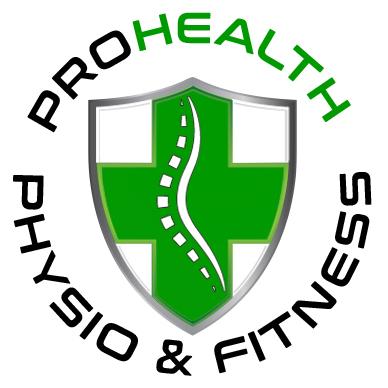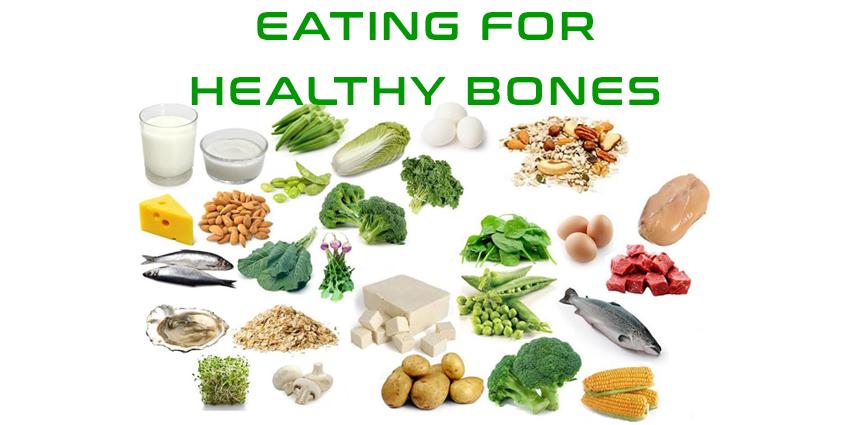Strong, healthy bones are maintained through exercise, while nutrition is acknowledged as a key contributing factor.
Eating To Improve Bone Health – Bone health matters at every age, from growth and healing to preventing osteoporosis. Since bones constantly renew, proper nutrition is key to keeping them strong and healthy."
Calcium – As the main building block of bones, getting enough calcium is vital for strong, healthy bones. Calcium is in dairy products (milk, yoghurt and cheeses) as well as green leafy vegetables, almonds, legumes and seafood. Dairy products are top calcium sources, offering high content and nearly double the absorption rate of other foods. This means that you don’t have to eat as much to absorb the same amount of calcium.
Vitamin D – It is important for bone health as it assists in the absorption of calcium. It is naturally present in salmon and tuna, and to a lesser extent in orange juice, milk, and eggs. Vitamin D supplements may also help ensure adequate intake required for bone health, particularly in later life.
Vitamin C – Vitamin C is another important element for bone health. It helps reduce bone breakdown and may prevent complications after wrist fractures.
A balanced diet rich in vegetables and protein is key to getting essential vitamins and keeping bones strong.
PROHEALTH Phyiso is participating in Junk Free June!
To donate, visit: https://www.doitforcancer.com.au/fundraisers/vanessapiccione/ability-group-goes-junk-free-for-june — choose a set amount or give what you can.
We also have a donation box in clinic!
Source: Giganti et al. (2014). Fracture healing and nutrition, Front Biosci, 19, 1162–1175
Karpouzos et al. (2017). Bone health and fracture healing, J. Osteoporosis, 2017, Article ID 4218472
Yamaguchi (2012). Zinc and genistein in osteogenesis, Mol Cell Biochem, 366(1–2), 201–221
Zollinger et al. (2007). Vitamin C and wrist fracture recovery, JBJS, 89(7), 1424–1431

